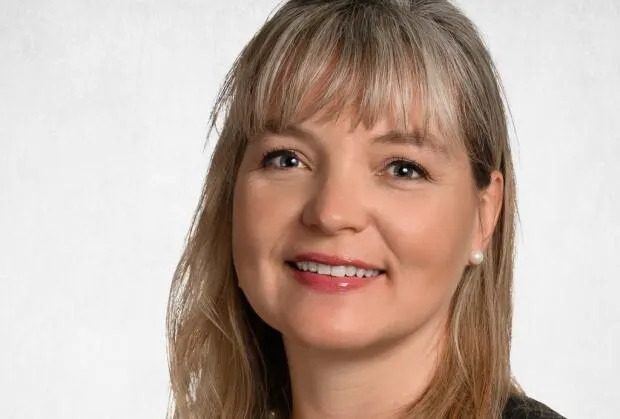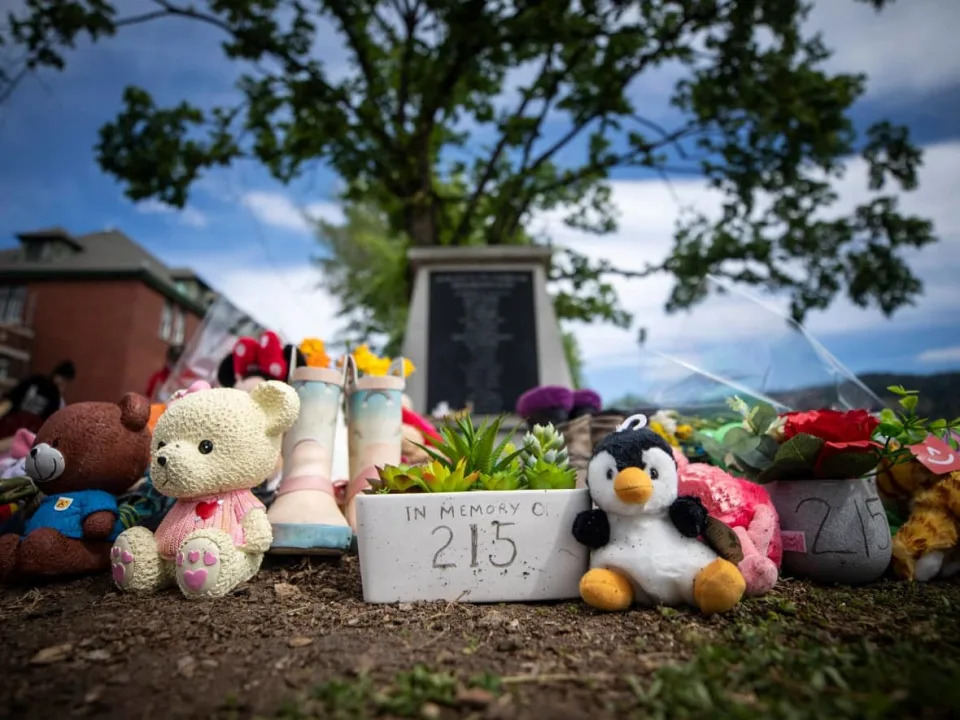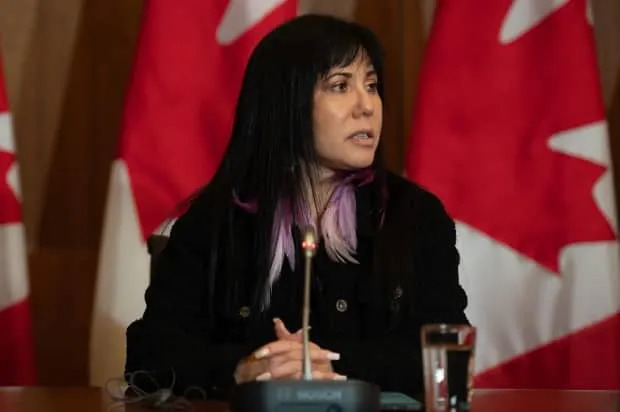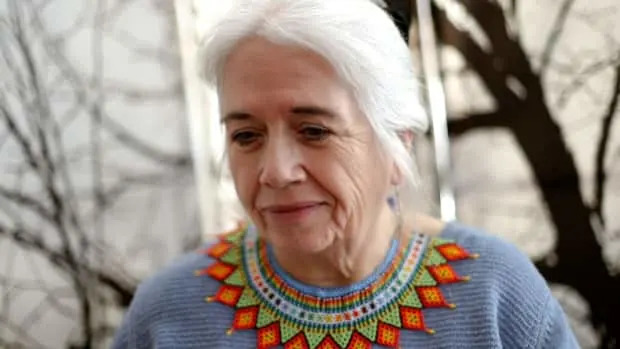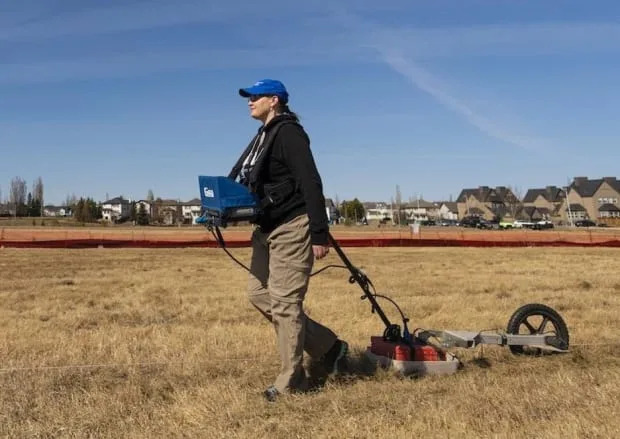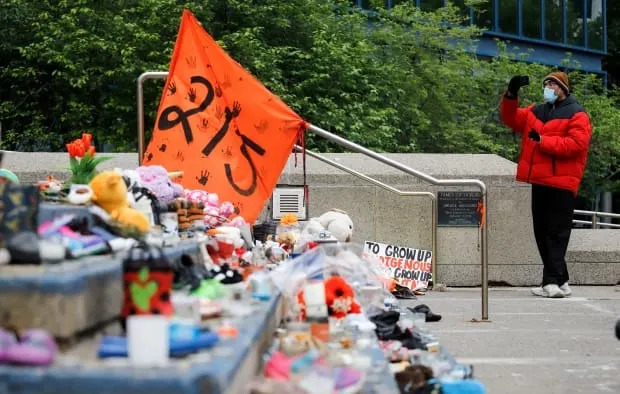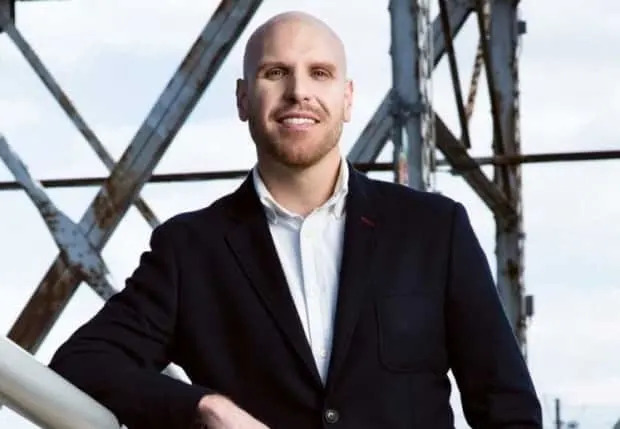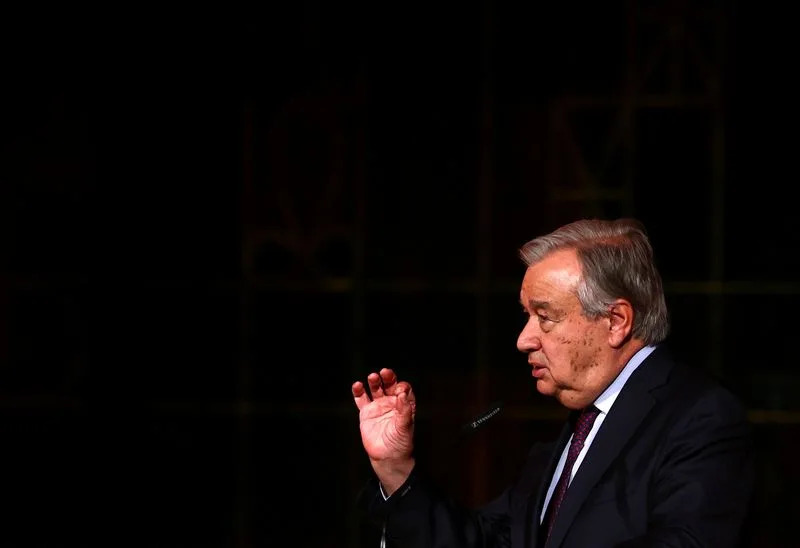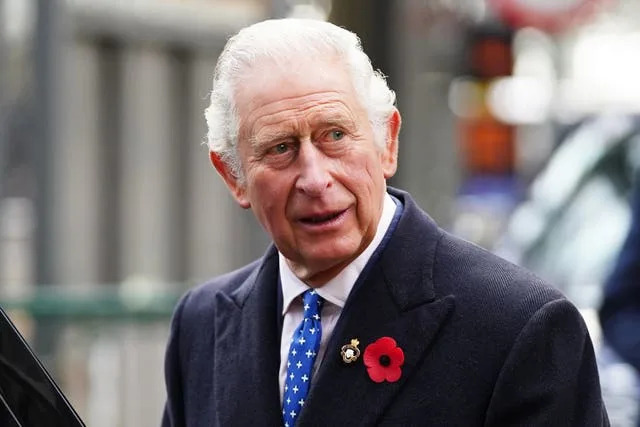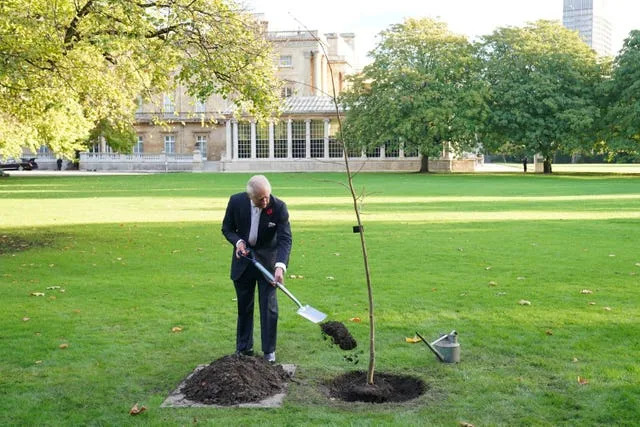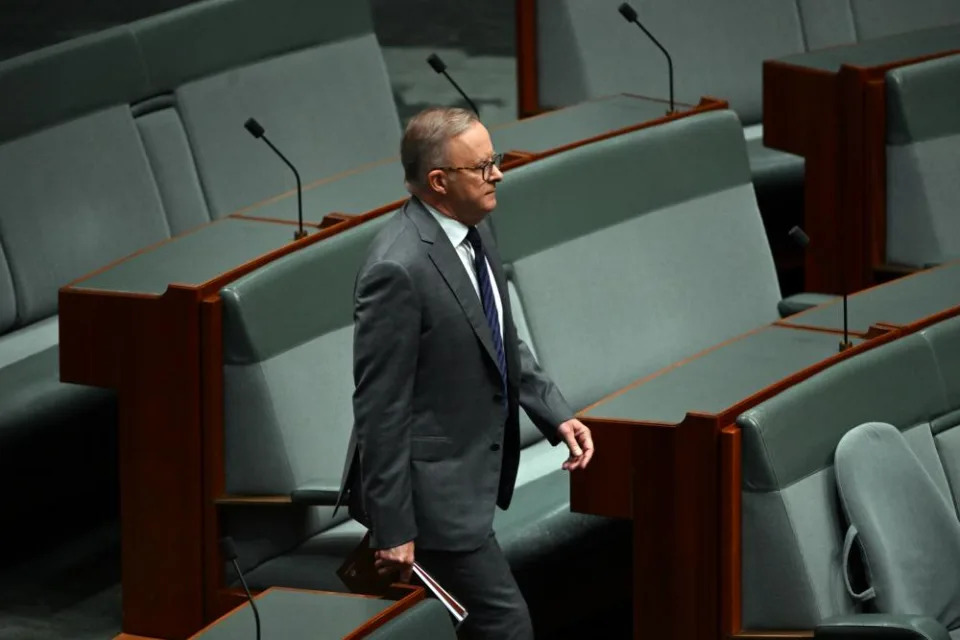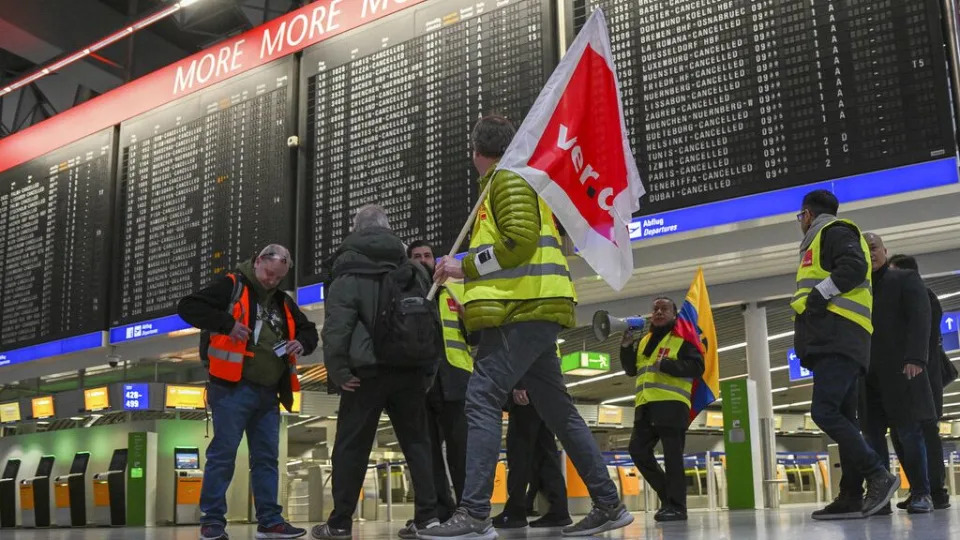Sat, February 18, 2023

Robert Burke in his painting studio on Vancouver Island. (Submitted by Robert Burke - image credit)
These days, 79-year-old Robert Burke often spends his time on Vancouver Island with paintbrush in hand, revisiting scenes from his tumultuous youth.
The art he creates is a reflection of the years he spent in St. Joseph's residential school in Fort Resolution, N.W.T., and later at St. Mary's Boys Home in Edmonton — the two institutions that consumed much of his childhood from the age of four on.
"It wasn't a very happy experience, being in the residential school. You know, it was life," Burke said.
"It's the way life was. You were on your own when you were at residential school, right?"
Burke was on his own the rest of the time, too, the orphaned son of a Black U.S. soldier and an Indigenous woman from Fort Smith, N.W.T., who abandoned him.
He grew up living with various people when he wasn't at residential school. Sometimes, he would live with other Indigenous people out in the bush; other times, he spent the night at the police station just for a place to sleep.
They aren't good memories, he noted. But he doesn't blame the community or the region for what happened to him.
"I'm positive of what happened, because it made me who I am," he said. Then, bluntly: "You know, I'm not a successful artist. But I'm getting known, and things are working out."

Submitted by Robert Burke
The 'silent breed'
At the schools themselves, there was no such thing as a Black community the way we might talk about it today, he noted, but there were other Black boys there. They felt a special connection to each other, he added.
Sixty-seven years on, Burke still talks to some of them a couple times a year.
One of the art series Burke has painted is about what he calls the "silent breed" — half-Indigenous children.
"I just did it as a result of knowing who I was, because most of my life they've been trying to tell me I was somebody else," Burke said.
"I understood who I was, because I always knew who I was from childhood. You know, you're called an [N-word] when you're a little kid, you know what that's all about."
Hidden history
Though Burke doesn't know who his father was, he knows he was one of thousands of U.S. soldiers who came north to work on the Canol Road, Canol Pipeline and Alaska Highway in the early 1940s.
Unlike white soldiers, those Black soldiers were strictly segregated from local communities, said Ken Coates, a historian who has written about and researched the history of that period.
It was "an era of great stereotypes and all sorts of assumptions," Coates noted. The Army wouldn't let Black soldiers close to communities, instead putting them up in camps miles out of town.

Jason Warick/CBC
Still, encounters would happen between soldiers and community members — "party kind of relationships that were not terribly romantic," Coates said, as well as some romances and also more violent attacks.
"There were stories going up along the Mackenzie Valley, particularly in northern Alberta, of situations where there were children who came out of these relationships," Coates said.
Painting to heal, and to inform
After his years at residential school, Burke said the government sent him to a farm where he performed unpaid labour.
He eventually struck out on his own, starting a family and becoming a heavy machine operator.
He began working in the logging industry, and remained a contractor until he was 53.
That's when he went back to school for art.
He's straightforward about what his art means, and how it's generally received by others.
"Most of my paintings are social paintings, so most people don't particularly like them," he said.
"That's all interrelated with getting people to understand things, and also clearing my mind, too."
Support is available for anyone affected by their experience at residential schools or by the latest reports.
A national Indian Residential School Crisis Line has been set up to provide support for survivors and those affected. People can access emotional and crisis referral services by calling the 24-hour national crisis line: 1-866-925-4419.
Mental health counselling and crisis support is also available 24 hours a day, seven days a week through the Hope for Wellness hotline at 1-855-242-3310 or by online chat at www.hopeforwellness.ca.

